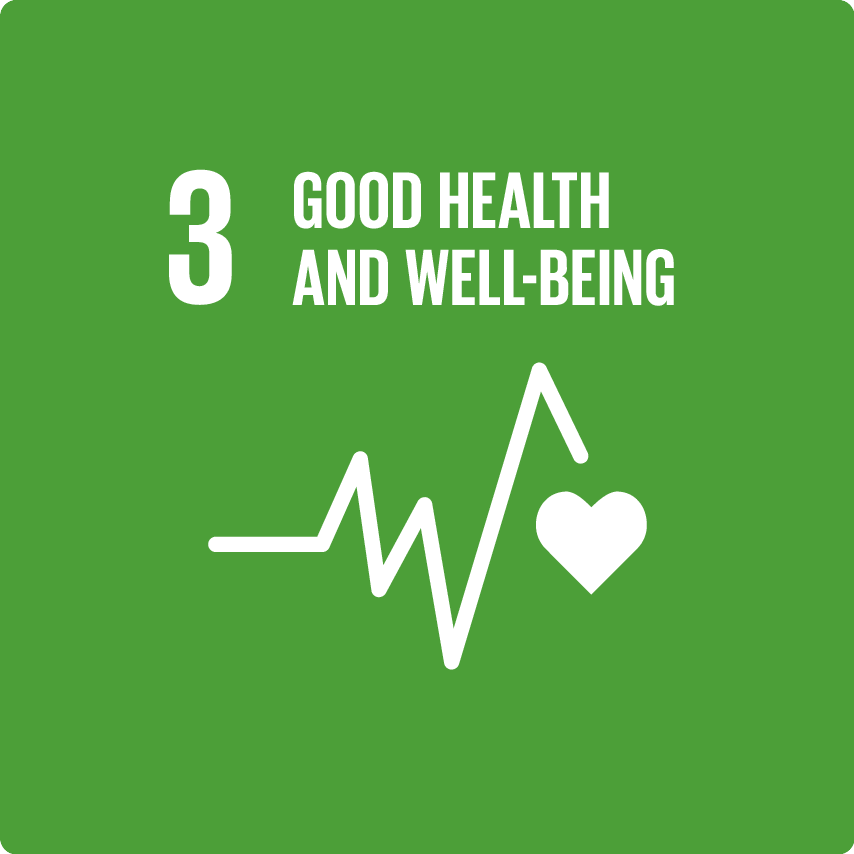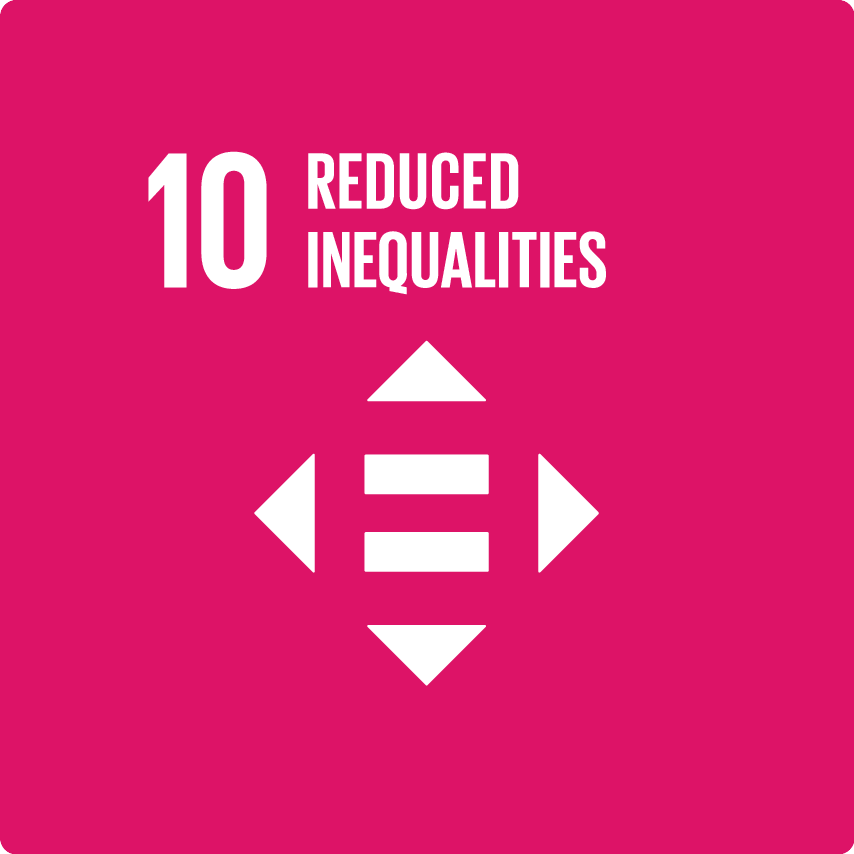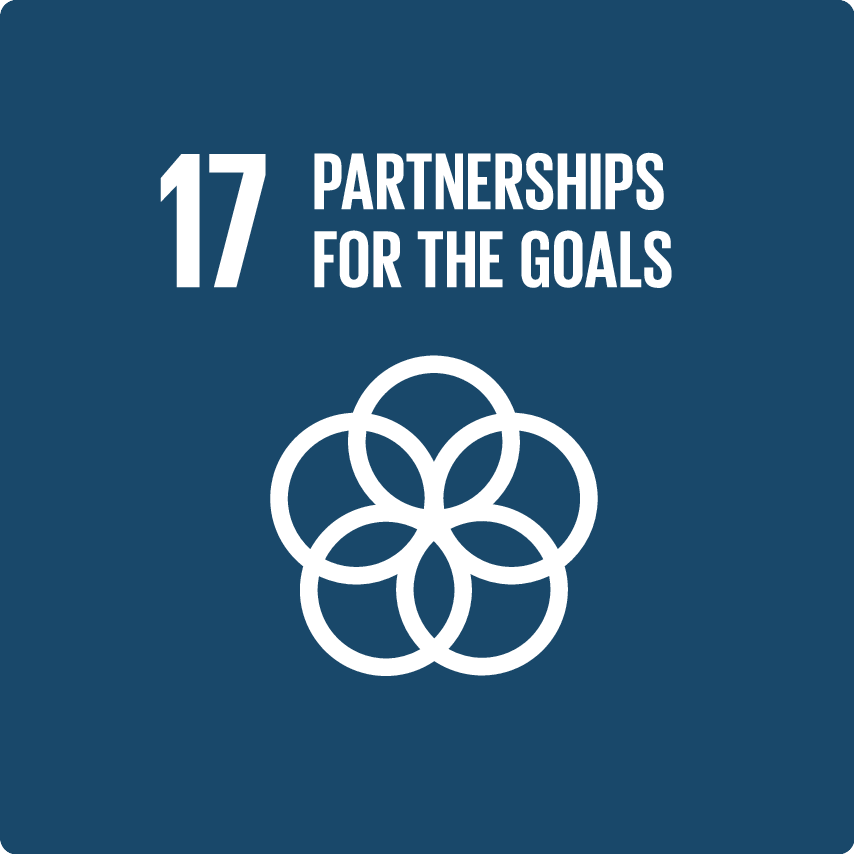Otsuka MDR-Tuberculosis R&D
Since 2004, Otsuka has invested more than a half a billion US dollars in tuberculosis (TB) research and development leading to the successful approval and launch of delamanid (Deltyba®) for the treatment of multidrug-resistant tuberculosis (MDR-TB) in children and adults; Otsuka’s second new anti-TB compound, OPC-167832, is in clinical trials.
SEE ALL PARTNER ORGANIZATIONS
Objectives
The objective is to deliver safer, shorter, more effective treatment regimens in order to end TB in line with the UN Sustainable Development Goals
What are the health needs and challenges?
TB bacteria are so resilient that patients must take a regimen of several different medicines for anywhere from several months to a year or more. In the case of drug-resistant strains such as MDR-TB, treatment is often more complicated. Globally only about half of those patients are successfully cured due to lack of access to effective and safe treatment options.
Partnership activities and how they address needs and challenges
As a recognized leader in TB R&D, Otsuka is committed to helping eliminate this devastating disease. For more than 50 years Otsuka has made TB research a priority, including strengthening clinical trial capacity and infrastructure in selected countries affected by TB. These investments have positioned Otsuka among the top private funders of TB drug development in the world for more than a decade.
In 2002, Otsuka experienced a breakthrough in its TB research with the discovery of delamanid, a nitroimidazole, which received its first regulatory authorization from the European Commission in 2014 as an oral treatment against adult pulmonary MDR-TB. Delamanid is the first from a new class of compounds that inhibit mycolic acid biosynthesis with specificity to mycobacterium TB. Since 2015, it has been included in the World Health Organization Model List of Essential Medicines.
In line with Otsuka’s commitments to implement the Rome Action Plan to accelerate research, development, registration, introduction and uptake of HIV & TB diagnostics and medicines for children living with HIV (https://www.paediatrichivactionplan.org/), the company initiated a paediatric investigation plan consisting of open-label, multi-center pharmacokinetic and safety trials of delamanid in children with MDR-TB in four groups of descending age from less than 18 years to birth. In October 2020, The European Commission authorized the extension of delamanid (Deltyba®) to include adolescents and children with a body weight of at least 30 kg. For the youngest groups, a novel, child-friendly 25 mg dispersible tablet formulation of delamanid was trialled in the Philippines and South Africa. In September 2021, the European Commission authorized it. At the moment, delamanid is indicated for the treatment of pulmonary MDR-TB in adults, adolescents, children and infants with a body weight of at least 10 kg.
Otsuka’s second anti-TB compound, OPC-167832, is a novel synthesised carbostyril derivative, being developed in combination with delamanid and other medicines for potential inclusion in a more effective and safe TB regimen in line with the WHO’s target product profiles. A number of studies and trials include a Phase 2b/c dose-confirmation trial in South Africa, supported by a US $17.8 million grant from the Bill & Melinda Gates Foundation. Trial participants receive a combination dose of OPC-167832 with delamanid and Johnson & Johnson’s bedaquiline (Sirturo®) for four months, versus the standard of care.
Results and milestones
More than half a dozen collaborative research studies are planned or underway to optimize the role of delamanid in MDR-TB therapy. Additionally, the MAD/EBA trial for a novel compound, OPC-167832, has been launched in South Africa in partnership with the Bill & Melinda Gates Foundation to develop a Pan-TB regimen in line with the WHO’s Target Regimen Profiles.
- MAD/EBA trial for OPC-167832 successfully launched in South Africa.
Geographic Reach
- Global Commitment
Disease Area
- Infectious and Parasitic Disease
Target Population
- Children
- People with low incomes
Partner organizations
FIND Diagnostics
Medecins Sans Frontieres (MSF) / Doctors without Borders
Critical Path to TB Drug Regimens (CPTR)
Viatris
R-Pharm
Bill and Melinda Gates Foundation
EU-PEARL - Innovative Patient Centric Clinical Trial Platforms
Unite4TB Consortium
PAN-TB Collaboration
Additional resources
Geographic Reach
Global Commitment
Disease Area
Infectious and Parasitic Disease
- Drug-Resistant Infections (AMR)
- Tuberculosis


